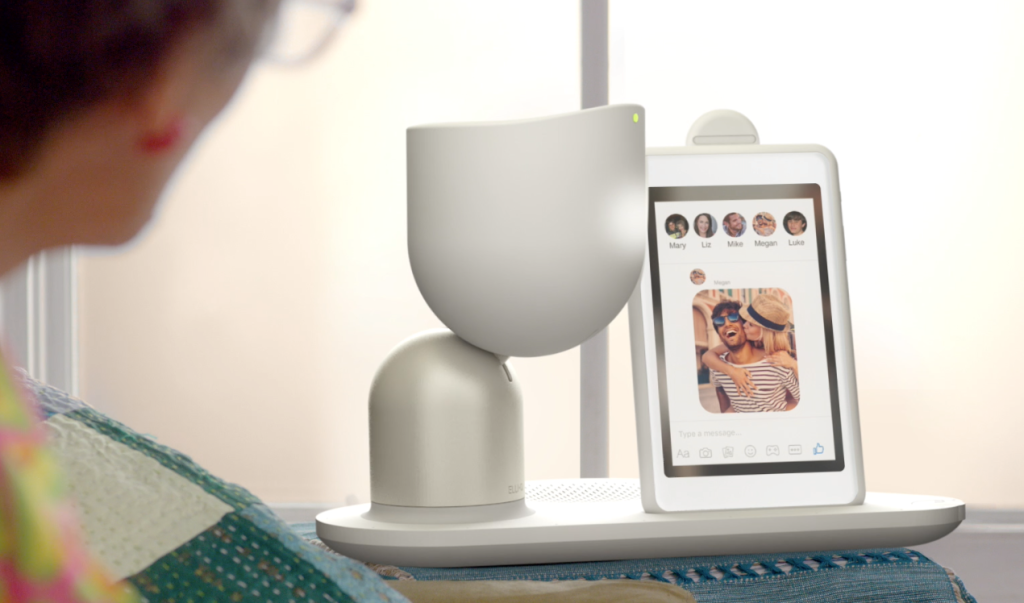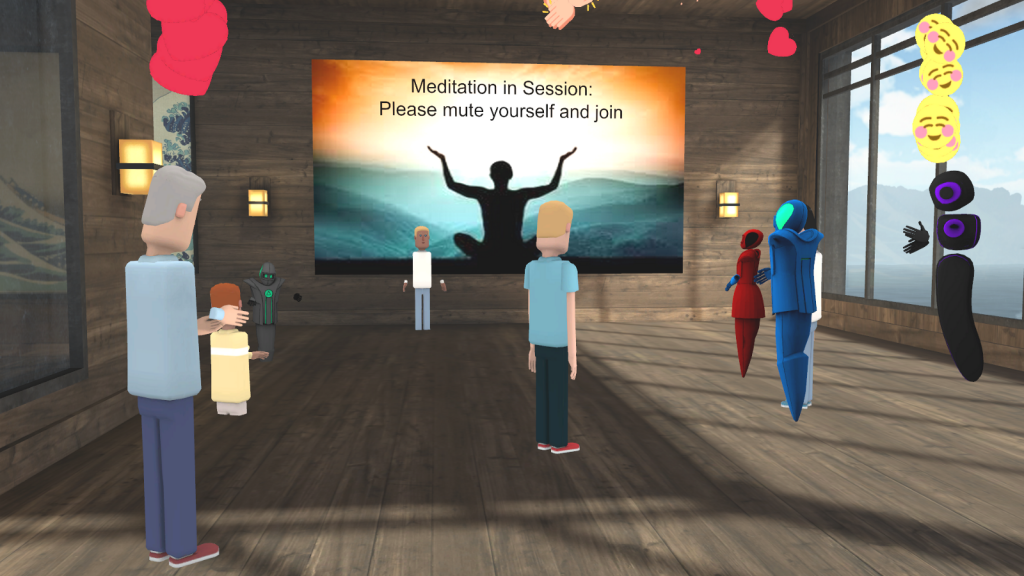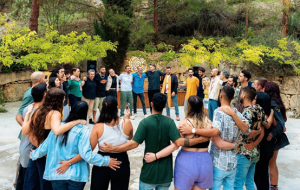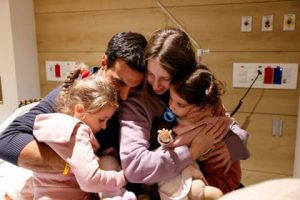Good Health and Well-Being


A New Israeli Lab to Fight Loneliness
An Interview with Dr. Eitan Eliram , Co-Founder of Empathy & Loneliness Tech Lab
Social Impact Israel interviewed Dr. Eitan Eliram, lecturer at the Hebrew University and social innovator, to discuss the creation of an innovative new Tech lab, exploring and training community professionals in tech to combat loneliness and increase empathy.
Social Impact Israel (SII): Dr. Eliram, why did you decide to build a lab for “Empathy & Loneliness Technologies”?
Dr. Eliram (DE): My work initially began with teaching an academic course with Dr. Joel Segal for the Masters Degree program at the social work school at Hebrew University. We noticed that most of our students, potential social workers, psychologists and directors of community oriented non-for-profits, found technology to be completely out of their professional landscapes. Some of them thought that technology does more harm than good some didn’t understand how technology is even relevant to their welfare work. So we created this lab to allow them to explore first hand these technologies and show them that, in fact, they can be relevant and true augmenting factors for their jobs.
In our course we learned how different technologies are already being used around the world to combat loneliness and create empathy. The mission of the lab is to focus professionals in exploring how they can benefit from using these technologies.
SII: Why is loneliness such an important issue?
DE: Loneliness is a devastating problem all over the world. The two segments of the population that are most affected by loneliness are children and the elderly, which is terrible to see. But aside from the social ramifications, it also causes huge monetary losses. Billions of dollars are lost each year due to lowered GDPs caused from social isolation and even suicides. In the UK a special minister was appointed to deal with the problem of loneliness in that country.
SII: What are some of the new loneliness-technologies out there today?
DE: First, there is Robotics. This is being developed in many places but especially in Japan, a country that is very strong in this industry. They are using both desktop and walking robots to imitate human interactions and movements, especially audio and facial gestures. Robots are being used in daycare, and one company in Japan even created a humanoid robot that resembles the family of a particular elderly person. This of course is very effective for fighting loneliness in a country where it is culturally accepted. Our students are exploring the ramifications of using it in western societies.
SII: Are any “Social Robots” being developed in Israel?
DE: For sure. there are a few Israeli startups that are focusing on “social companion technology” for the elderly. Take for example Elliq a “funky lamp” robotic companion that is capable of conversing with its owner .Or another Israeli company called Beyond Verbal who is pursuing a fascinating science called “emotion analytics” or “emotion monitoring”. They were able to detect over 300 human emotions in the voice of a person and plug this data into a robot. This means that when an elderly person speaks to the robot, the robot can use its Artificial Intelligence to analyze his or her emotions, and then come to a decision about whether it needs to dial an emergency number, increase medications, or just tell a joke. This is an incredible step forward in combating loneliness.


SII: Where do professional social workers and psychologists come into the picture?
DE: The professionals are exploring the impact of this tech on the emotions of lonely people and evaluating how it can be tweaked to be even more beneficial. Right now this technology is looked at as just a commodity. But where the soul is involved, professional social workers and psychologists need to be part of it. As a matter of fact, we urge our students to lead this exploration both in conversation and in tech development.
SII: What other technologies are in the pipeline of the loneliness lab?
DE: The use of Big Data and Data Science. Here we see the potential of care giving organizations getting the right picture regarding isolated individuals in the community. A combination of sensors and Smartphone apps will allow us to map in real-time the potential isolated individuals and give the community the ability to visit and act. So if for example, a visual GSI map of a neighborhood can be created with all the potential “lonely” people in the neighborhood and combined with manageable data about volunteers, caregivers and emergency services in the area. Paramedics and other volunteers can be trained in easy loneliness treatments, such as a handshake or eye-to-eye contact.
Virtual Reality is another technology that is being used. Experiments are already underway using VR to create social interaction spaces online in virtual rooms. People who are homebound are able to log onto a live, vivid, social environment. Some Oculus-Go apps by Facebook are allowing great tourist experiences without leaving your doorstep but immediately changing the state of loneliness.


Urban modular design is part of how innovative cities are tackling loneliness and there are many walking group apps or other outdoor activities to explore.
But loneliness doesn’t always have to be negative. Yoga, Hypnosis and Mindfulness are all different ways of meeting loneliness with a positive bend. There are apps out there helping people to achieve mindfulness, which is basically just changing your state of emotions while you are alone.
SII: What’s the next step for the lab?
DE: The next step will be creating partnerships with tech companies, academia, funds research groups, labs and non profits or anyone who is interested in exploring these technologies. Our lab operates on an “open source code” mode. We are looking forward to collaborating with other “do-gooders” around the world who share our passion for the positive role of empathy and loneliness tech.
For further info or collaboration contact Dr. Eliram at: dreliram@gmail.com
Related articles


SDG 3 – Renewal of Body and Spirit -By Dr. Eitan Eliram Lead Innovation Strategist- Feb 2024
Good Health and Well-Being SDG 3 – Renewal of Body and Spirit Like all the survivors of the October 7 Hamas massacre, those who lived


SDG 3 – Treating Children Out of Captivity
Good Health and Well-Being SDG 3 – Treating Children Out of Captivity The burden on Israeli authorities entrusted with the medical repatriation of mothers and


SDG 3 – Resilience -By Dr. Eitan Eliram Lead Innovation Strategist
Good Health and Well-Being SDG 3 – Resilience As Israel grieves, its people are standing up during these most difficult of hours to help those in need –


















